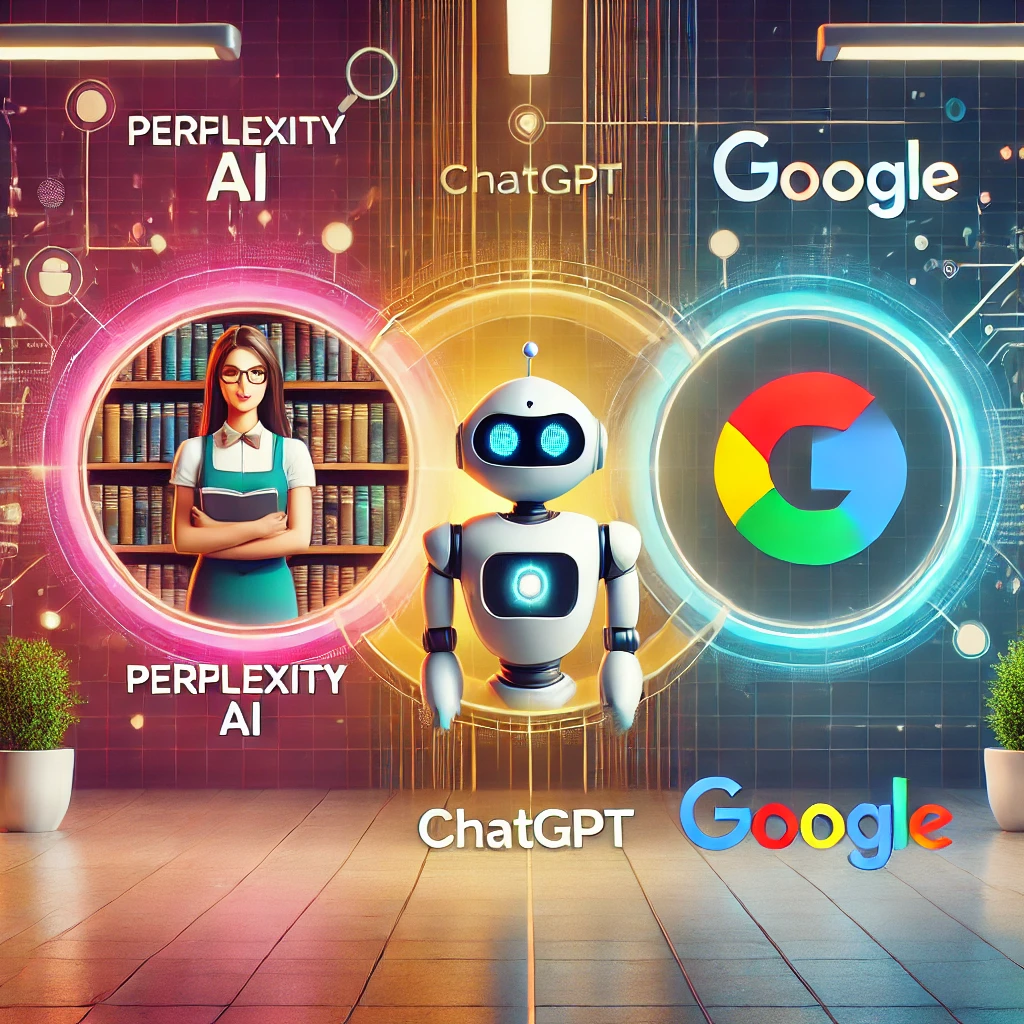
When it comes to finding answers, we are spoiled for choice—Google, ChatGPT, and Perplexity AI are just three of the options available. While they all serve the purpose of providing information, their underlying methodologies, use cases, and user experiences differ significantly. Let’s break it down in simple terms with examples, analogies, and a concluding table.
1. What Are These Tools?
• Perplexity AI: An AI-powered search engine that provides concise answers to queries by pulling data from multiple credible sources. It bridges the gap between a traditional search engine and conversational AI by summarizing relevant information while also linking its sources.
• ChatGPT: A conversational AI developed by OpenAI, designed to provide responses based on context and user input. It does not “search” the web live but generates responses based on its training data (up until its last update or through plugins in specific versions).
• Google: A traditional search engine designed to retrieve and rank information across the web based on relevance to the query. It provides links to websites, and it is up to the user to sift through the results.
2. How Do They Work?
• Google: Think of Google as a massive library. You ask for a book on a subject, and it gives you a list of books (websites) that might have the information. You still have to read through and piece together the answer yourself.
• Perplexity AI: Now imagine a librarian who not only fetches books for you but also skims through them and gives you a summary with citations so you can verify the details yourself.
• ChatGPT: ChatGPT is like asking a well-read friend for an explanation. The friend isn’t connected to the library (the internet) but speaks from what they’ve read and remembered.
3. Example
Let’s say you ask: “What are the benefits of drinking green tea?”
• Google:
Returns a list of links, such as articles from health websites, research papers, or blogs. You would need to click through and read to find your answer.
• Perplexity AI:
Summarizes the benefits, such as improved metabolism and antioxidants, and cites links like health journals and articles, giving you quick and verifiable information.
• ChatGPT:
Provides a conversational explanation, summarizing benefits based on its training. For example, “Green tea is rich in antioxidants like catechins, which help combat free radicals and may improve heart health.”
4. Comparison:
Let’s compare them to how you’d get travel advice:
• Google: A travel guidebook store where you find books on destinations, but you have to pick the right book and read through to find specific details.
• Perplexity AI: A travel consultant who quickly summarizes the best options for you and provides links to verify the details yourself.
• ChatGPT: A well-traveled friend who tells you what they know but might not provide real-time updates or links to verify the information.
5. Strengths and Weaknesses
Feature Google Perplexity AI ChatGPT
Real-Time Data Yes Yes Limited (based on training data)
Citations Provided Yes (via links) Yes No (unless using plugins)
Ease of Use Moderate (requires digging) High (summarized + citations) High (conversational and direct)
Personalization Low Medium High
Depth of Knowledge Broad (varies by query) Focused and accurate summaries Deep conversational context
Conclusion
• Use Google when you want to explore multiple sources, cross-reference, or dive deep into varied perspectives.
• Use Perplexity AI when you need a quick, reliable, and sourced summary of information.
• Use ChatGPT when you want conversational, human-like assistance or need detailed explanations based on prior knowledge without citations.
In the end, choosing between these tools depends on the context of your query and the depth of the answer you need. Each has its unique strength, and in many cases, using them together can yield the best results.
Waiting to catch your likes and shares on this post if you liked it 🫴
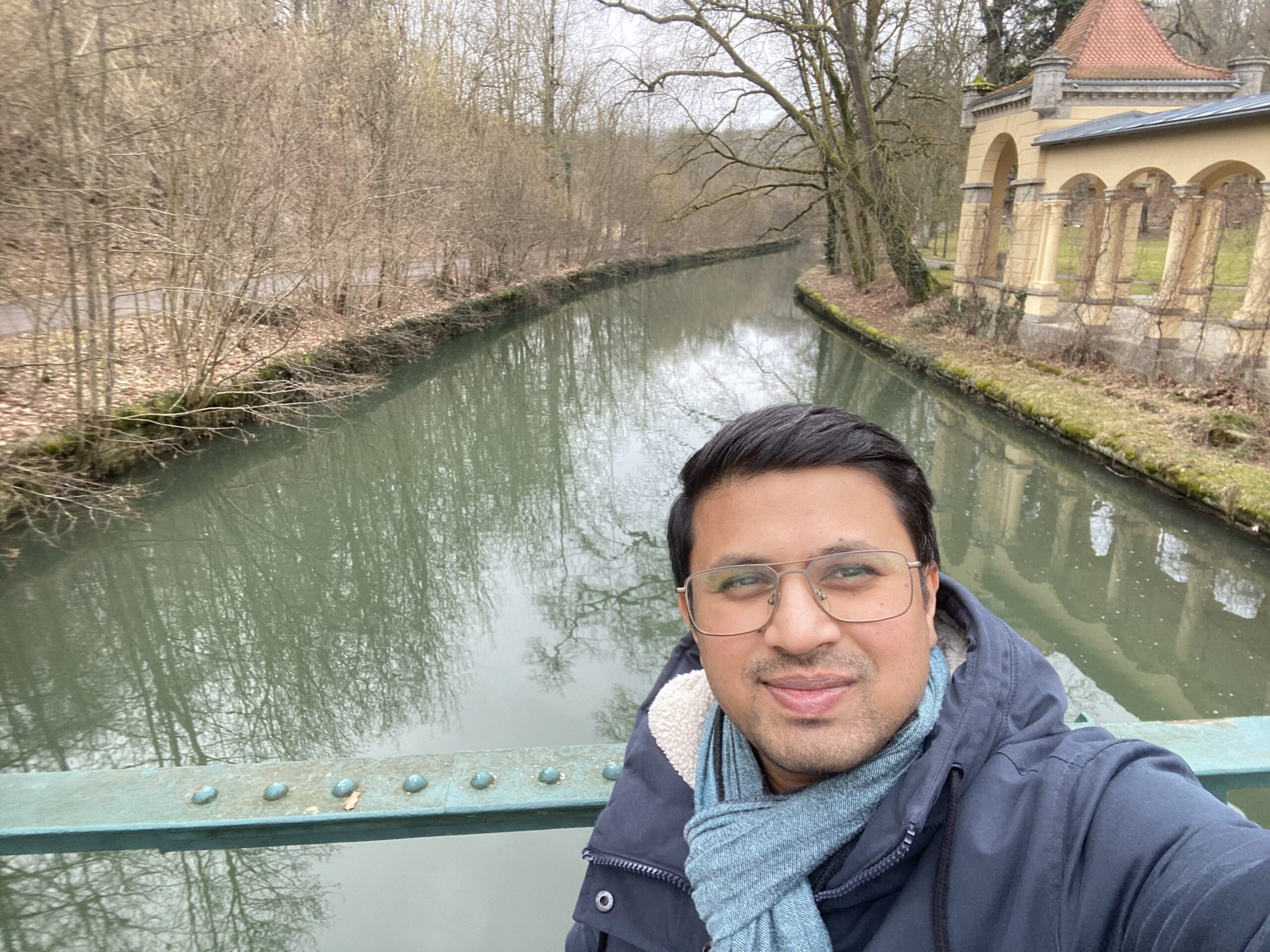
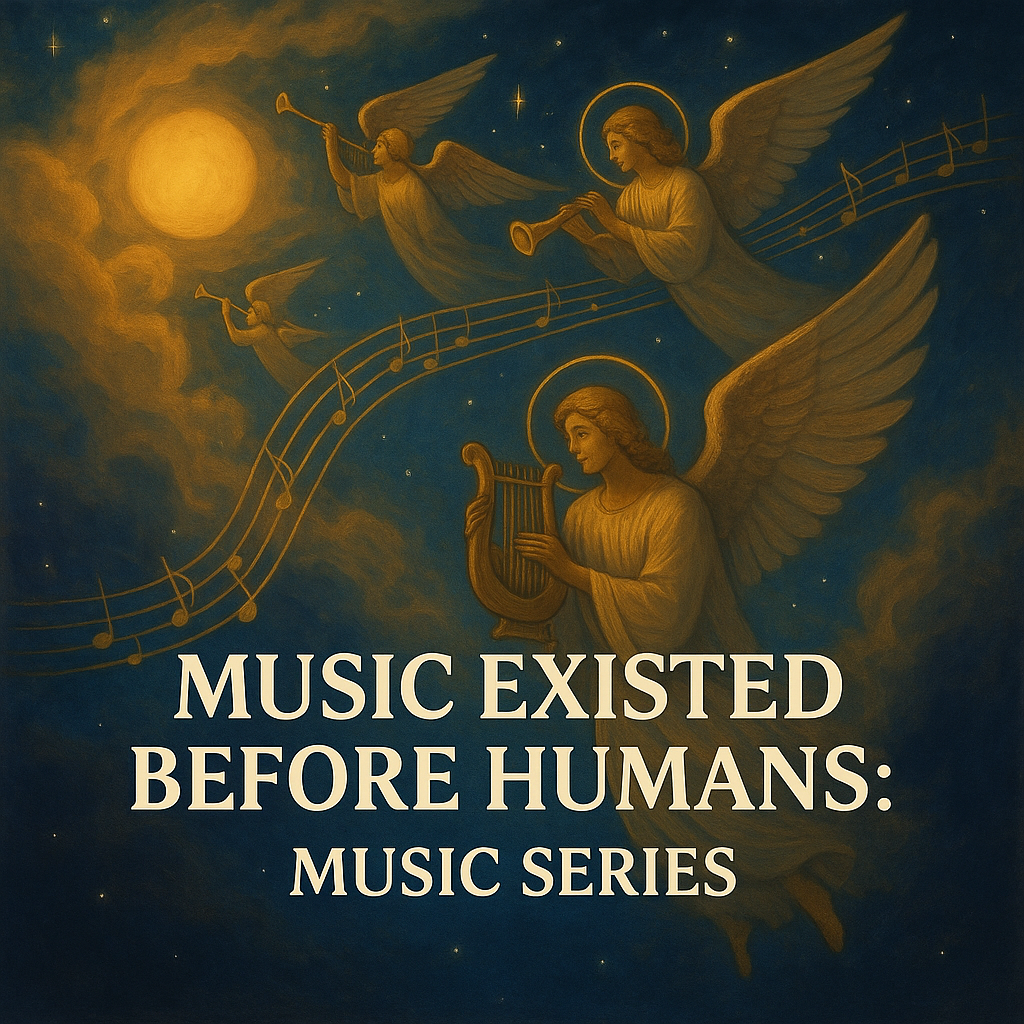
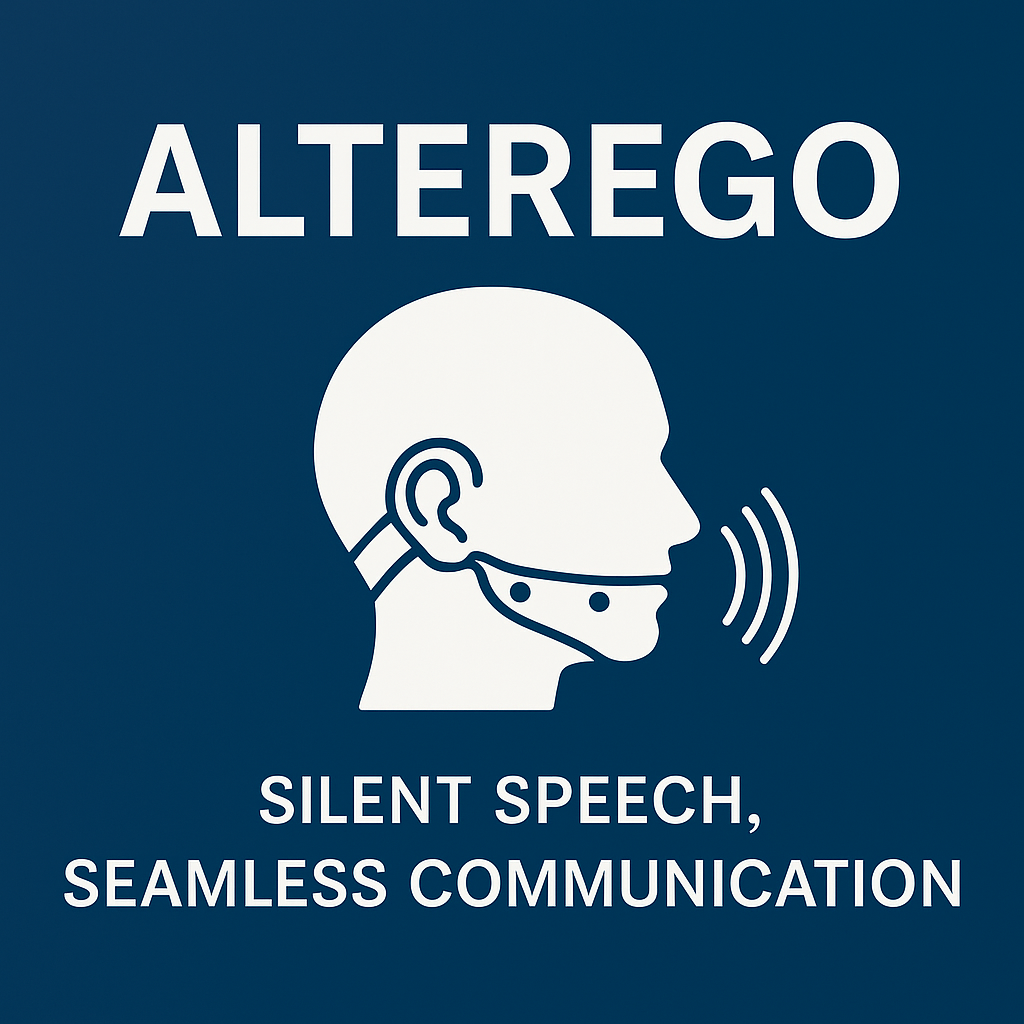
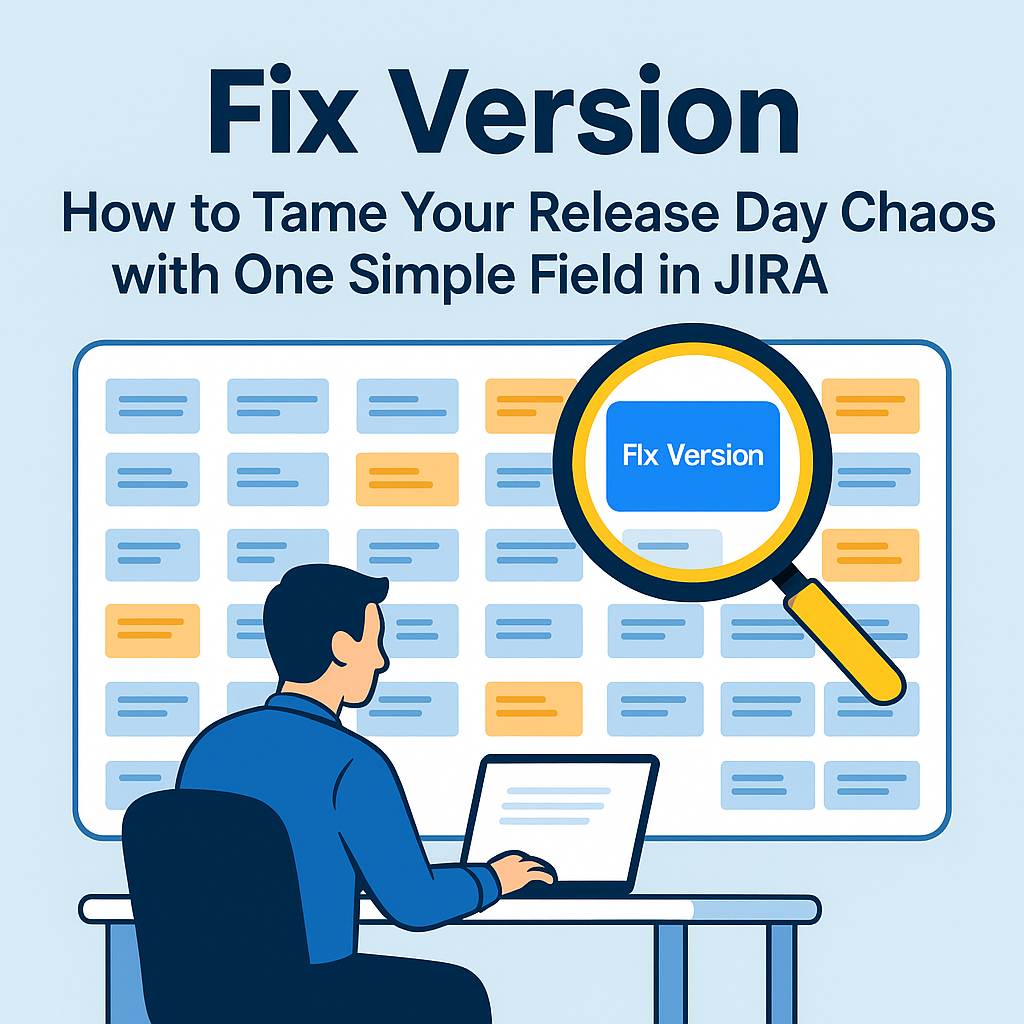
Leave a Reply